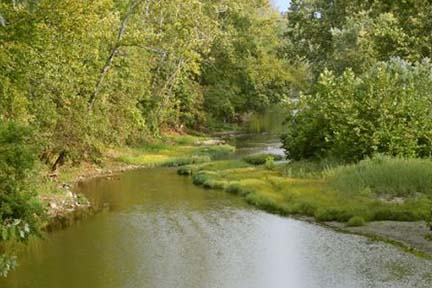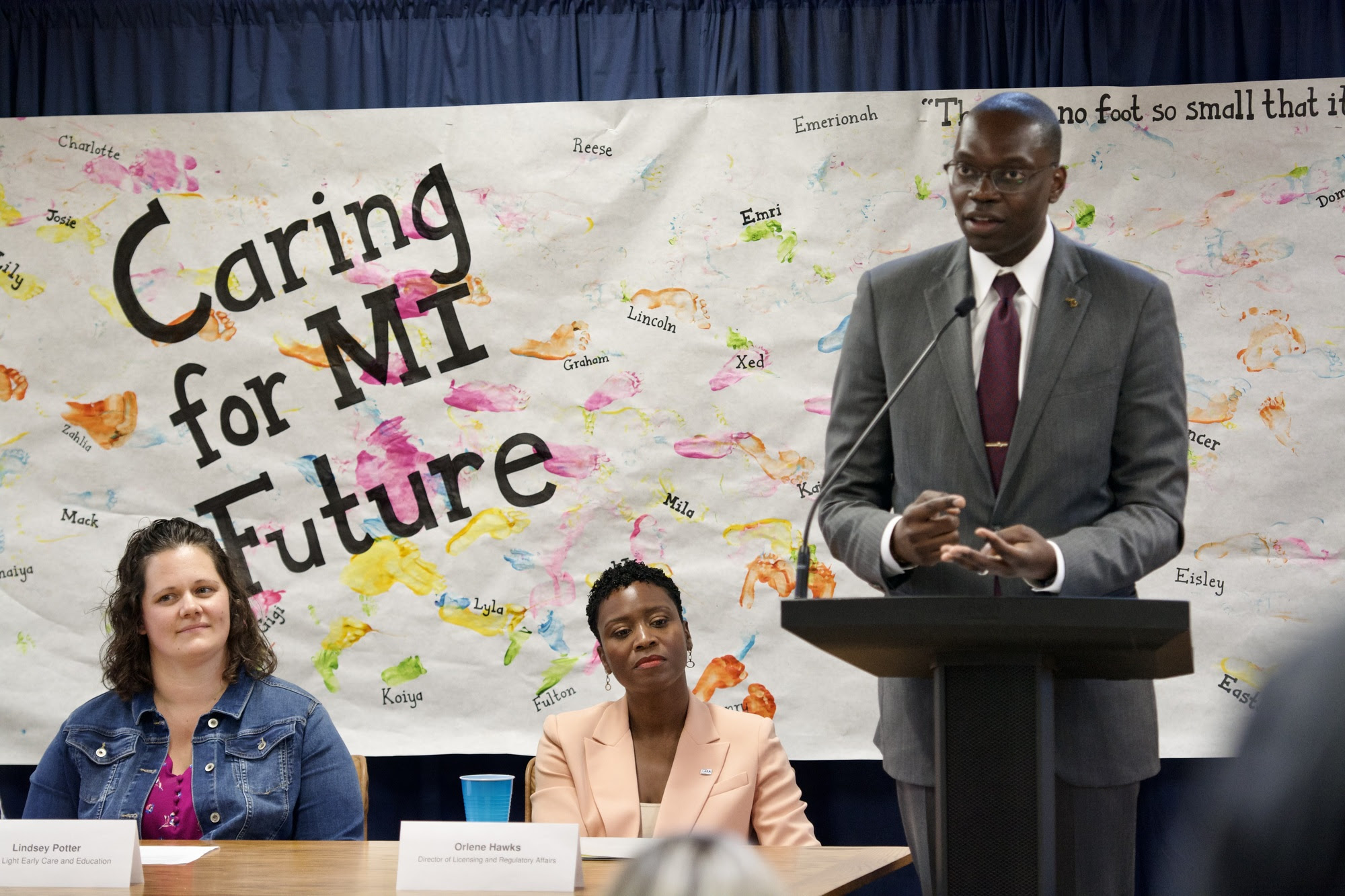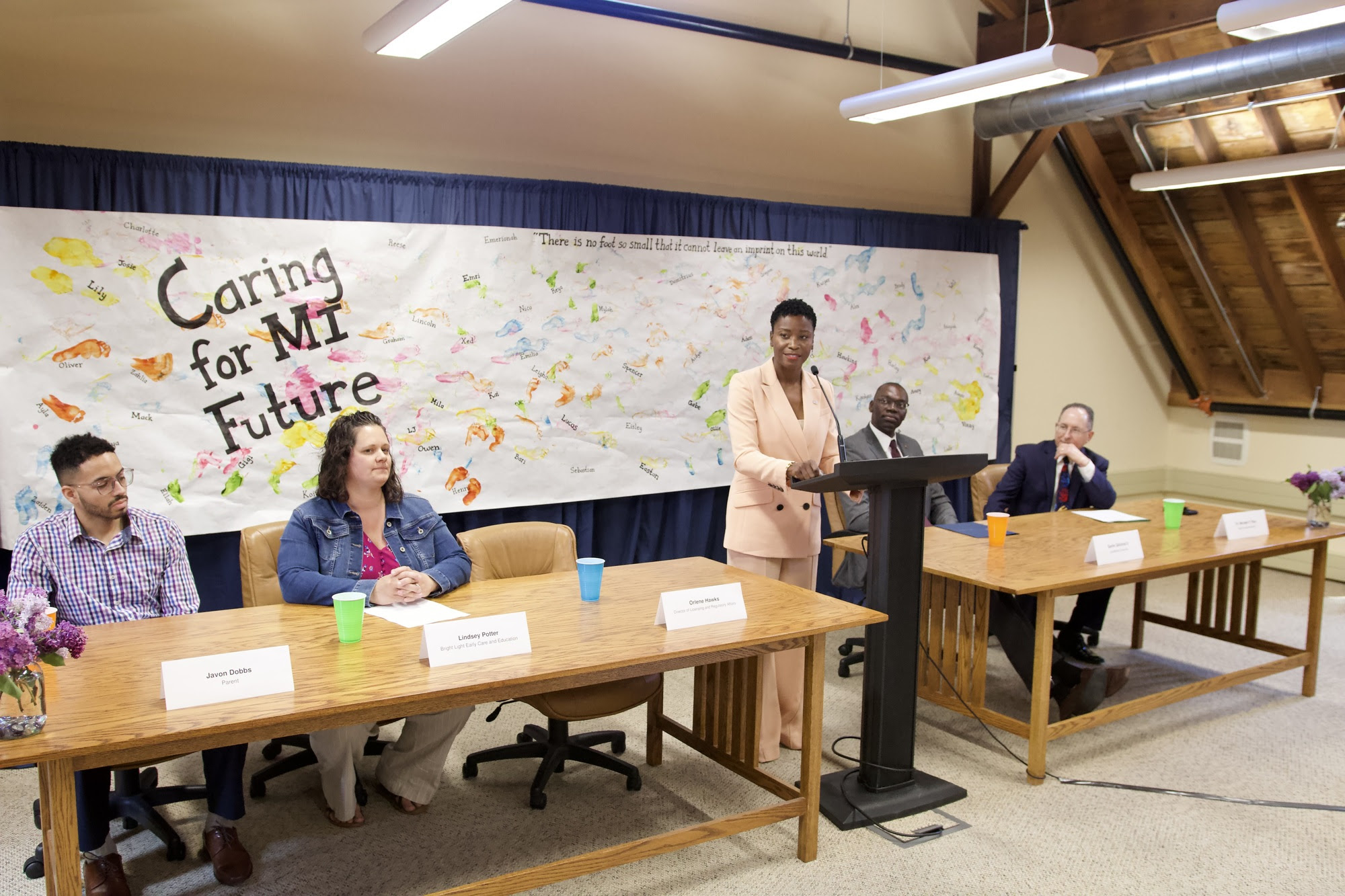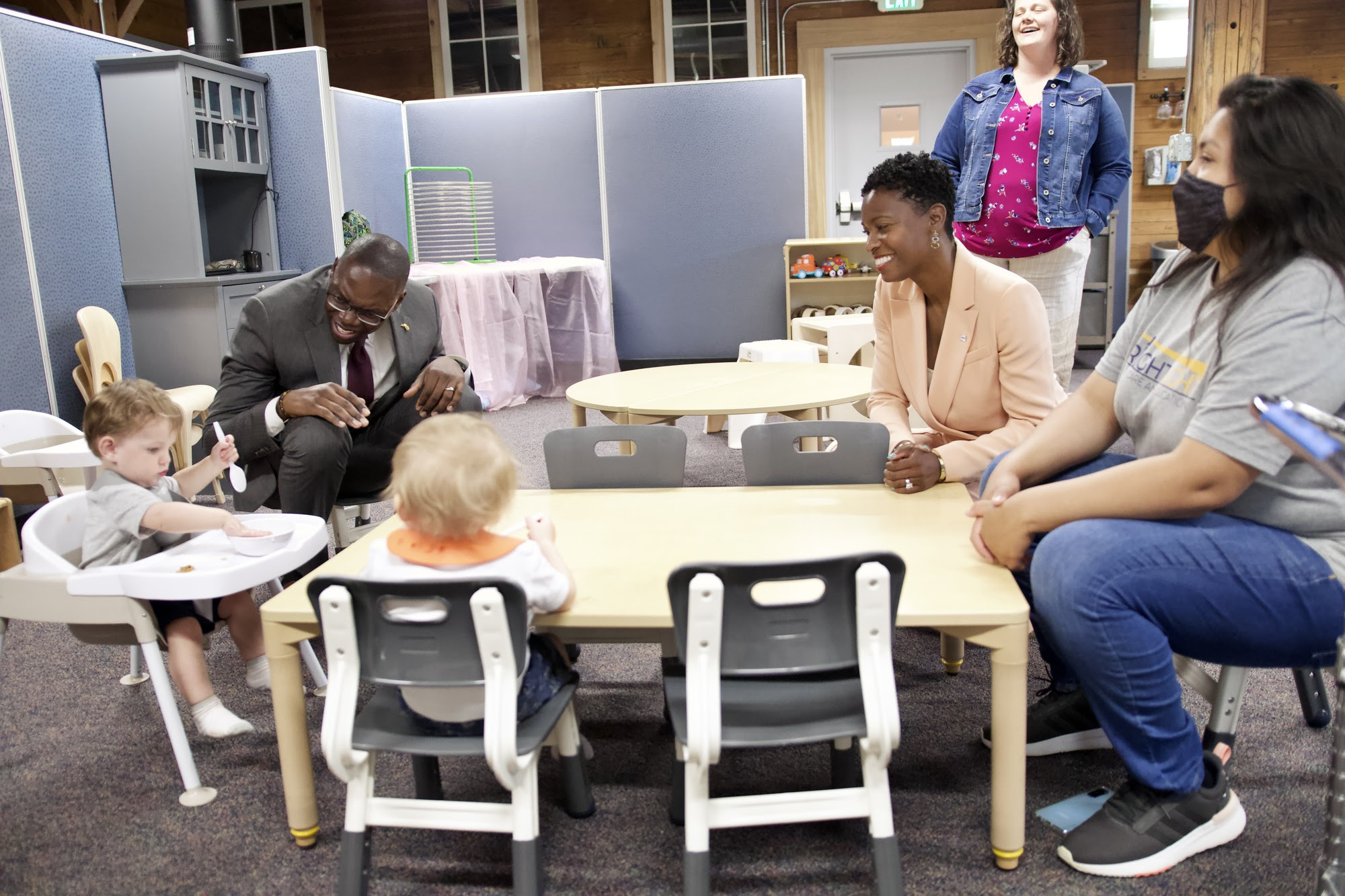
Governor Whitmer Signs Bills Expanding Resources

FOR IMMEDIATE RELEASE May 19, 2022 Contact: Press@michigan.gov
Governor Whitmer Signs Bills Expanding Resources for Victims of Crimes, Addressing Nursing Shortage, Other Legislation
LANSING, Mich. – Today, Governor Gretchen Whitmer signed House Bills 4674 and 4675 into law, which increase the amount of compensation available to crime victims and expand access to other vital services such as mental health resources. Governor Whitmer also signed House Bill 5089 and Senate Bills 166, 627 and 628. Together, this marks 829 bipartisan bills signed since Governor Whitmer took office.
“As a former prosecutor, public safety is a core issue for me. Today, I am proud to sign two bipartisan bills that support and empower victims of violent crimes,” said Governor Whitmer. “In my budget for the coming year, I’ve proposed funds to help local governments hire and train more first responders so we can ensure Michiganders feel safe at home and in their community. I will never stop fighting to protect Michiganders and will always work with anyone to protect public safety.”
“Without proper resources and assistance, those who survive a crime may never recover,” said Attorney General Dana Nessel. “I’m proud to support these bills and know the expanded eligibility will provide much-needed support that crime victims deserve.”
“I appreciate the Governors willingness to work with us and am privileged to be part of a team who are seeking to help crime victims get the help they need by removing roadblocks and giving them an extended time to apply so they don’t miss out on eligible assistance,” said Rep. Bradley Slagh, R – Zeeland.
“Public safety that doesn’t include the needs of crime victims is not true safety. Today, Governor Whitmer has made clear that Michigan stands with crime survivors and their families,” said Aswad Thomas, vice president at Alliance for Safety and Justice and national director of Crime Survivors for Safety and Justice. “As a crime survivor, I understand the emotional and physical toll of violence. These reforms will provide crime victims with the critical help to heal and recover from violence. Today, we’re united with one goal: to make Michigan safer for all.”
House Bill 4674 was Sponsored by Rep. Bronna Kahle, R – Adrian, and a copy can be found here.
HB 4675 was Sponsored by Rep. Bradley Slagh, R – Zeeland, and a copy can be found here.
Addressing the Health Care Worker Shortage House Bill 5089 modifies the requirements an applicant must meet to be granted registration as a nurse aide by the Department of Licensing and Regulatory Affairs. House Bill 5089 adjusts training requirements without compromising the quality of training, which will help address the health care worker shortage.
“All Michiganders deserve access to affordable, high-quality health care and by allowing for more nurse aides to enter the field and receive vital training, we’re meeting the needs of the moment,” said Governor Whitmer. “Addressing these challenges with innovative and bipartisan solutions ensures everyone can succeed in Michigan. I will continue to work with anyone to improve our healthcare system.”
HB 5089 was sponsored by Rep. Ann Bollin, R – Brighton, and a copy can be found here.
Expanding Prescription Drug Refills Access Senate Bill 166 allows pharmacists in Michigan to refill prescriptions authorized by a prescriber in another state or province of Canada. This allows those attending school, working, or traveling in Michigan from other states or Canada to maintain easy access to have their prescriptions refilled.
“I want to thank the governor for signing my bill SB 166 which would allow Canadian medical professionals to write prescriptions for Michigan patients similar to how doctors in Indiana and Ohio can,” said Sen. Curtis Vanderwall, R – Ludington. “It’s really about lowering costs and increasing access for Michiganders. There are so many folks in Eastern and Northern Michigan that travel to Canada and may get a prescription written for them while they are there. This will save them from having to get a second prescription written in the state, which translates into time and money. Common-sense solutions like this are what drive healthcare forward in Michigan, and I look forward to continuing to work my colleagues and the governor on improving affordability and access for Michiganders.”
Senate Bill 166 was Sponsored by Sen. Curtis Vanderwall, R – Ludington, and a copy can be found here.
Surveying the Michigan-Indiana Border Senate Bill 627 and 628 establishes the Michigan-Indiana State Line Commission within the Department of Licensing and Regulatory Affairs, to recover and reestablish the Michigan-Indiana State Line. The Commission will be made up of five licensed surveyors from the five border counties. Upon completion of the survey, the commission is required to submit their findings to the legislature.
|










 The Blue Lakes Fire in the northern Lower Peninsula now is 75 percent contained and estimated at about 2,200 acres, according to the Michigan Department of Natural Resources.
The Blue Lakes Fire in the northern Lower Peninsula now is 75 percent contained and estimated at about 2,200 acres, according to the Michigan Department of Natural Resources.